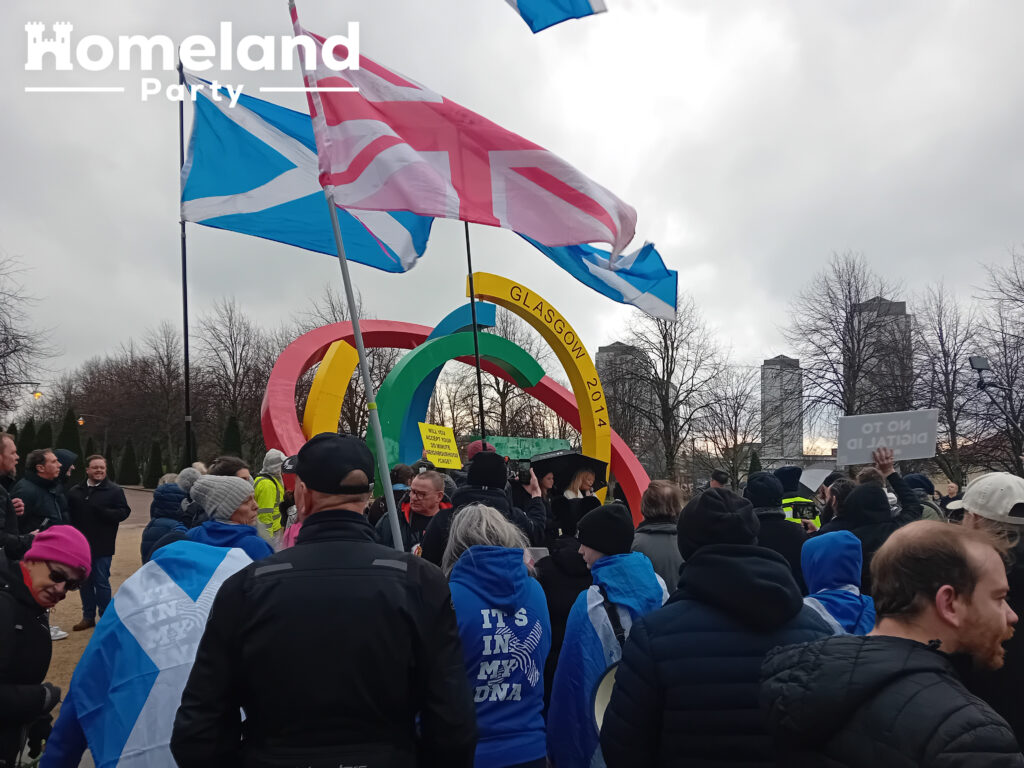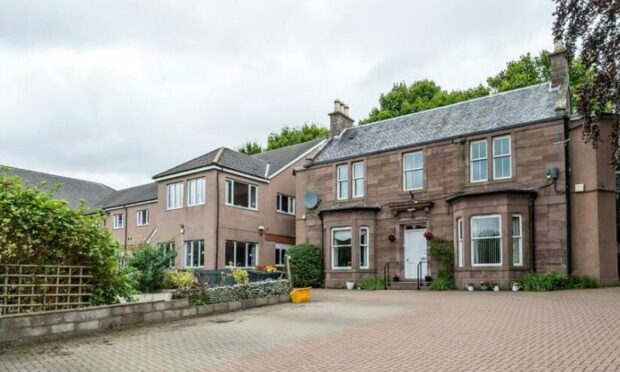Glasgow council recently joined the growing number of cities bringing in low-emission zones for cars. The Glasgow LEZ covers the city centre, but it is expected to expand shortly, just like the parking permits scheme they introduced a few years ago.
In the meantime, they are looking to introduce a new way to bring more pain to drivers by introducing “carbon-based parking permits”.The new permits will lead to the drivers of high-emission cars paying more to park in Glasgow’s 21 parking zones. Like the LEZ, the scheme forms part of the drive to increase the use of cleaner, low-emission vehicles across the city.
Based on the new proposal, people living in the city centre would pay between £250 to £600 annually depending on the carbon emissions of their vehicles and outside of the city centre, it would range from £80 to £300 per vehicle per year. This remodelled system will create five bandings for cars based on carbon generated.
Emissions-based parking permits have been in force in Edinburgh since 2009 and are found in many boroughs across London. However, local business owners in Glasgow say the SNP council is “actively penalising those who can’t afford to upgrade their cars.”
The council argues that transport accounts for around a third of the 2.4 million tonnes of carbon currently produced by Glasgow every year, with private cars responsible for the largest share of transport emissions. But this hasn’t washed with the leader of the anti LEZ campaign, garage owner William Paton.
He said: “It is now clear that car drivers will be off limits for the City of Glasgow. Every owner of businesses, restaurants, bars and entertainment venues who have approached me say that this far-left council of SNP and Greens seem determined to rip the heart from our city. They are actively penalising those who can’t afford to upgrade their cars.
“At the risk of repeating myself, we have demonstrated from our international consultant’s report that pollution in Glasgow is well below the accepted norms and has been for some time. There was no need for Phase 2 of LEZ to be introduced. We have seen statements from a former senior SEPA (Scottish Environmental Protection Agency) employee that there can only be two explanations for the council’s published figures – either they are lying or they are stupid.”
The LEZ is more about raising cash for a council that faces a £119.4 million budget shortfall, due in part to mismanagement by the current SNP-led council, than protecting people’s health and the environment. In the first two months of its operation, nearly 9000 LEZ fines were issued, raising about £600,000 for the council.
Most of these fines are being imposed on the poorest section of society who cannot afford it, unlike the well-paid and expensed councillors, to buy newer or electric cars that comply with the LEZ restrictions. It is, in effect, another tax on the poor.
Anyone who has been in Glasgow city centre recently will know how Businesses there are struggling. Many shops and businesses are closing regularly. Footfall in the city is down, with people choosing to shop outside the city where they have free parking and easy car access. The City council’s plans can only further increase this exodus of shoppers and businesses from the centre.
Cutting car use in the city may be a laudable idea, but if you want to do that, you must offer a viable alternative for people. Just now, public transport in Glasgow is difficult and expensive.
Glasgow needs a cheaper and more joined-up transport system. Bus and rail fares are extortionate again, hitting the poorest in our society. Glasgow needs an expanded underground system linked to a light railway or tram system to join the city’s outer areas with the centre and beyond in a fast, cheap, safe travel network. Moving back to a municipally owned and run bus or tram network with reasonably priced fares, breaking the stranglehold of the few private bus companies that today control the city’s bus network would be another step forward. Sadly, this does not seem to be part of the city council’s agenda, who instead seem determined to use car owners as a cash cow and further damage what was once one of the best city centres in the UK for shopping and leisure.


